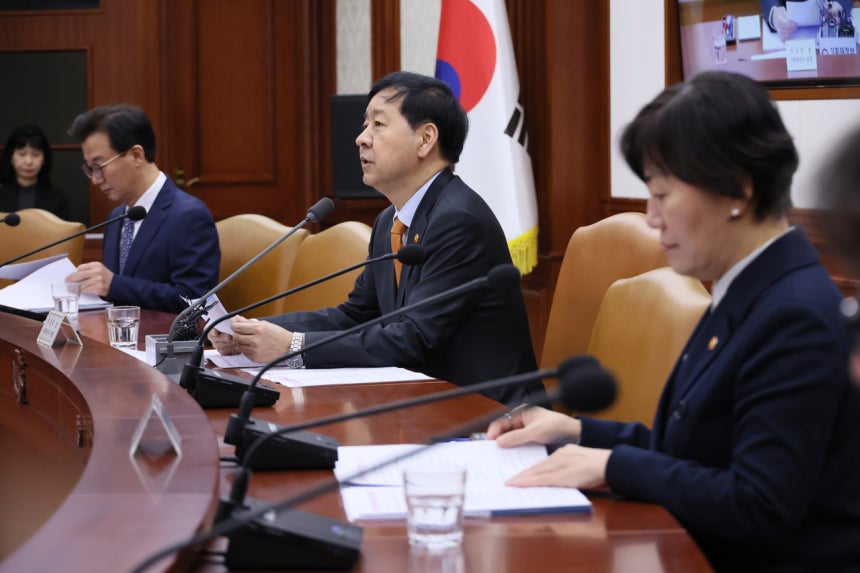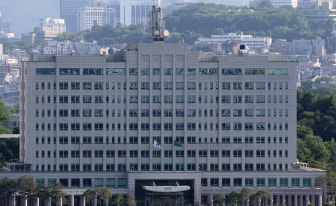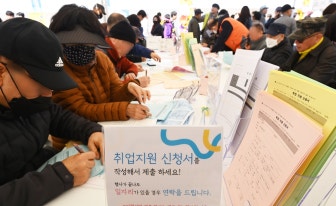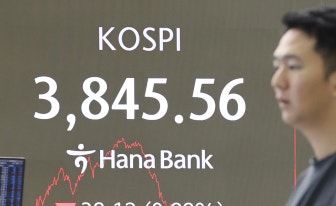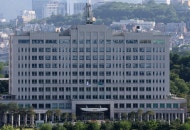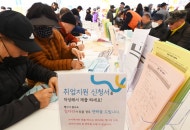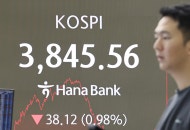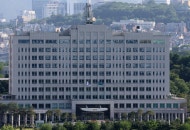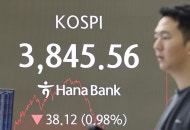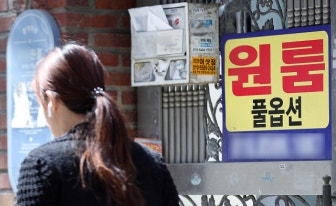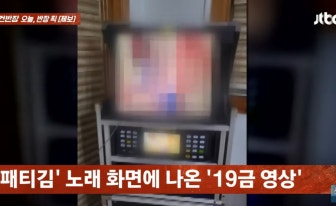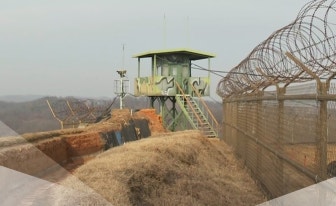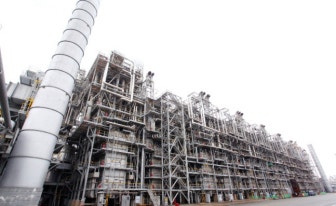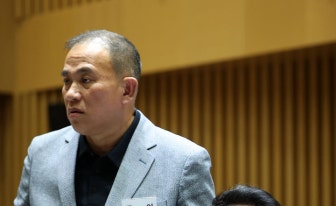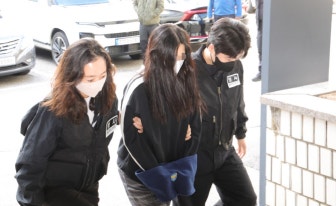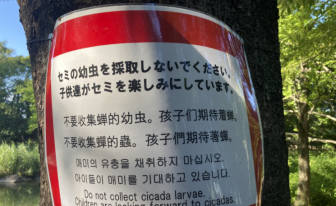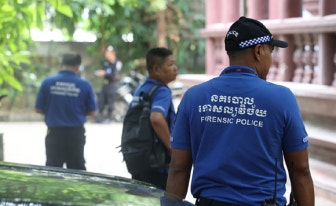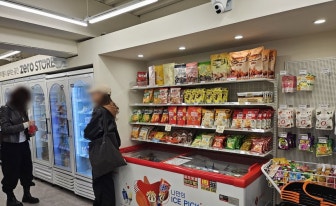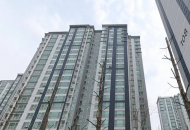| Deputy Prime Minister and Finance Minister Koo Yun-cheol speaks at an economy-related ministers' meeting held at the government complex in Seoul on Monday. (Yonhap) |
The Korean government is actively preparing to boost domestic demand through upcoming consumption events, as the economy shows signs of recovery.
Speaking at the government complex in Seoul during an economy-related ministers' meeting on Monday, Finance Minister Koo Yun-cheol said the nation is moving away from prolonged sluggishness.
"Policies such as consumer coupons and stimulus measures are starting to produce results, leading to a positive shift in consumption," Koo said.
He pointed out that September employment figures increased by the largest margin in 19 months and that stock prices have reached record highs since the current government took office. "We are working to sustain and expand this momentum," he added.
To boost consumer activity nationwide, the government will host the Korea Grand Festival from Oct. 29 to Nov. 9, featuring significant discounts across various sectors, including up to 25 percent on digital gift certificates, low-priced cars and promotions in retail, food, travel and tourism.
He also said that the government has already provided 241.4 billion won ($170 million) in cash-back benefits to 4.15 million individuals through the state-led shared growth cash-back program, which offers a 20 percent rebate on increased credit card spending since September. The program will continue through November, aiming to encourage more participation.
Beyond direct consumer support, efforts are underway to stabilize the real estate and capital markets, directing funds into productive sectors. "We will work to stabilize the housing market and activate the capital markets," Koo said. The government also plans to accelerate Korea’s transition to a super innovative economy with artificial intelligence through increased cooperation between the public and private sectors.
Although recent indicators are encouraging, Koo warned that uncertainties remain. These include delays in infrastructure investments, a slowdown in employment growth and external risks such as global trade issues and financial market instability.
The Green Book report from the Finance Ministry earlier this month reflected these mixed signals, noting gradual improvements in private consumption and stock market activity. The Korean stock market exemplifies this recovery trend, with the Kospi soaring from around 2,698 points in June to an all-time high of 3,800 on Monday, marking a 40 percent increase. Domestic consumption has also picked up, with notable rises in credit card transactions, auto sales and online retail revenue.
But it also points to ongoing challenges like sluggish construction investments and export concerns linked to US tariffs.
